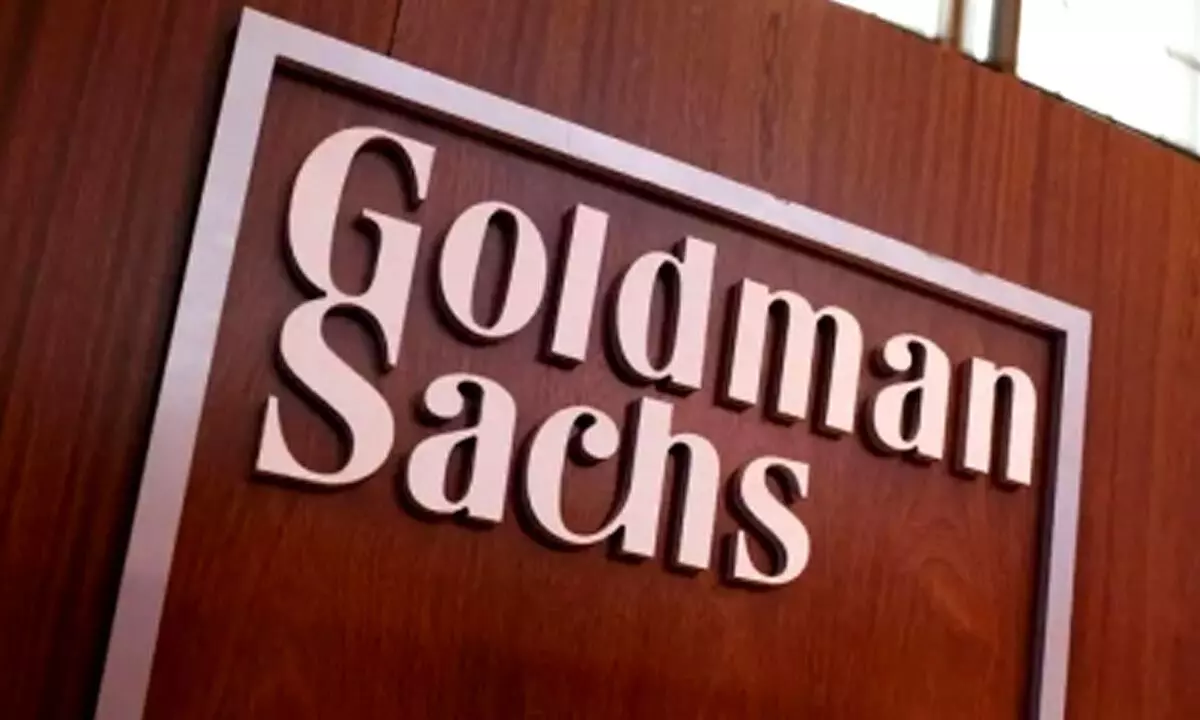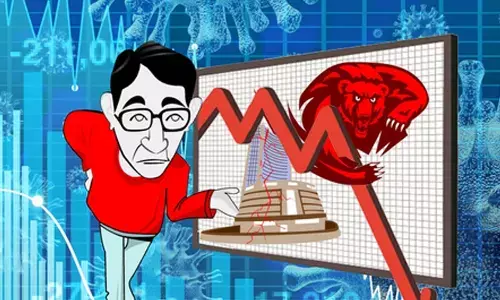Goldman Sachs downgrades key banking stocks, says goldilocks period over
Share :

Marquee global brokerage Goldman Sachs has downgraded key Indian banking stocks and cut earnings estimates across the coverage universe by 5 per cent/2 per cent on average over FY25E/26E.
New Delhi: Marquee global brokerage Goldman Sachs has downgraded key Indian banking stocks and cut earnings estimates across the coverage universe by 5 per cent/2 per cent on average over FY25E/26E.
Goldman Sachs said: "We believe the proverbial Goldilocks period (strong growth & strong/visible profitability) is over for the financial sector in the near-term as headwinds are increasing such as rising pressure on cost of funds due to structural challenges in the funding environment, growing concerns on rising consumer leverage posing potential asset quality challenges, particularly in unsecured lending (US$127bn loan book in the sector) leading to higher credit costs.
"Hence we prefer commercial retail over consumer retail which is expected to grow faster and offers a much better returns profile and pressure on operating costs due to elevated wage inflation as well as the need to expand the distribution network for future deposit growth."
"We downgrade to Neutral from Buy: SBI (4 per cent downside) and ICICI Bank (3 per cent upside); and downgrade Yes Bank to Sell from Neutral (37 per cent downside)," it said.
The Indian banks witnessed sharp ROA expansion in FY20-3QFY24. "We believe the ROAs will now start moderating given continued pressure on margins which we expect to extend to FY25 and slower loan growth as Loan-Deposit ratios are stretched, and that the sector will have to repair its balance-sheet mix and this, coupled with the need of building capacity, should keep cost-to-income levels elevated," it said.
"We believe all players face the dilemma of maintaining market share or compromising margins amidst the backdrop of stronger balance sheets across the system," as per Goldman Sachs.










